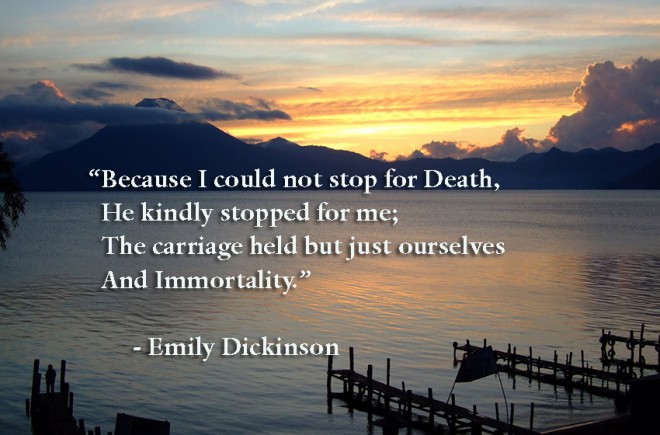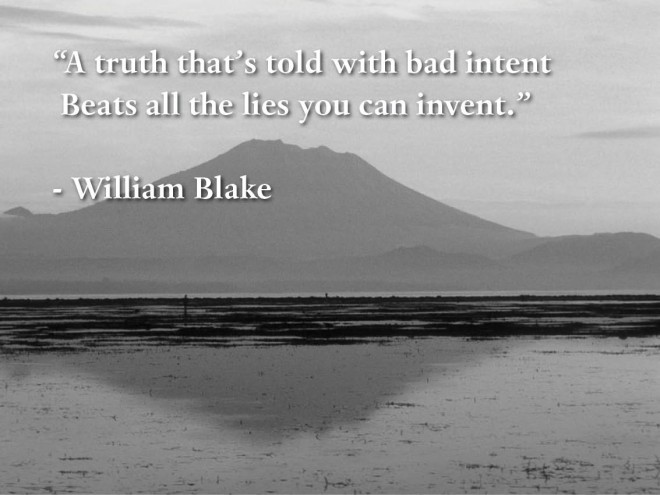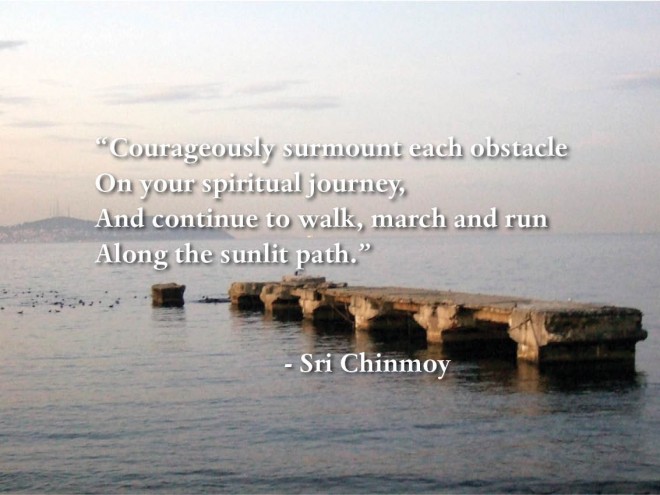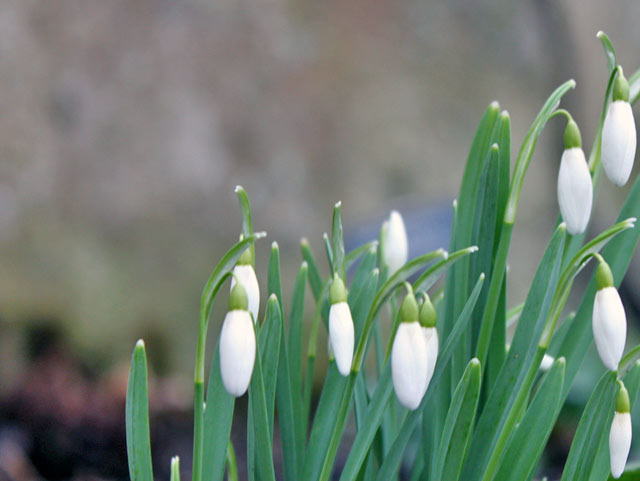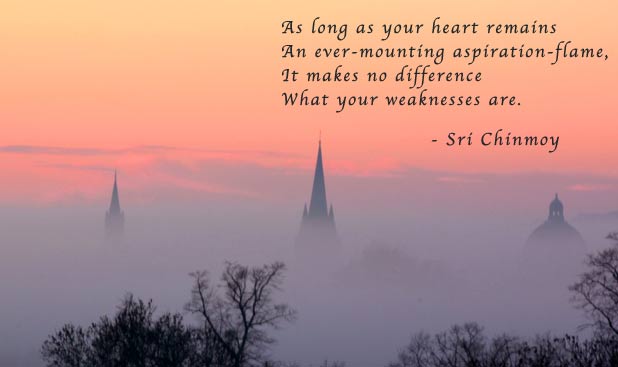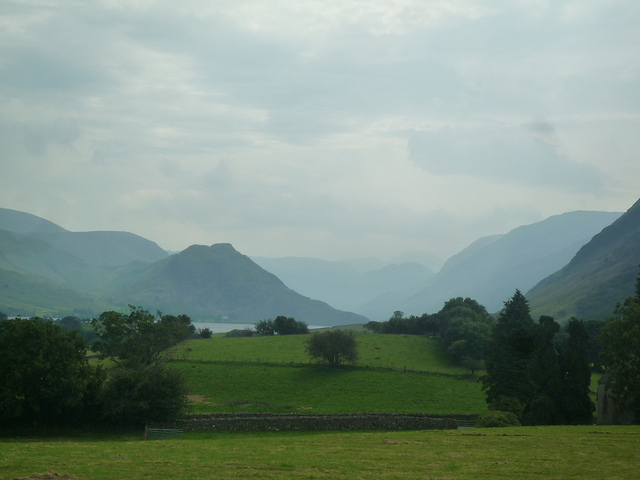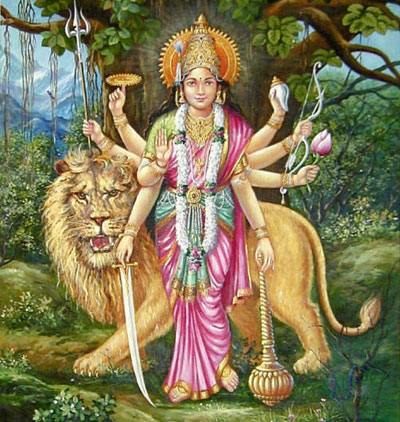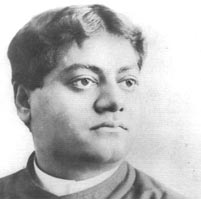 Swami Vivekananda was a close disciple of the great spiritual Master Sri Ramakrishna. After Ramakrishna’s passing, Vivekananda began a whirlwind of activity. He travelled across India, United States and Europe – giving lectures on Vedenta, philosophy and encouraging dynamic action – especially in India. Towards the end of his short life, his hectic schedule told on his health and he retreated to the Himalayas to spend more time in quiet contemplation.
Swami Vivekananda was a close disciple of the great spiritual Master Sri Ramakrishna. After Ramakrishna’s passing, Vivekananda began a whirlwind of activity. He travelled across India, United States and Europe – giving lectures on Vedenta, philosophy and encouraging dynamic action – especially in India. Towards the end of his short life, his hectic schedule told on his health and he retreated to the Himalayas to spend more time in quiet contemplation.
In his final days, he became aware of his limited time left on earth; he was moved to practise more meditation and contemplate on the deepest spiritual truths.
“I am making ready for death. A great tapasya and meditation has come upon me, and I am making ready for death.” – Belur Math, 1902
As his final days came, Swami Vivekananda, a great Vedantist, reveals how his devotion to Mother Kali increased and he began to be more aware of the world beyond this earth of joy and suffering. Read On…

